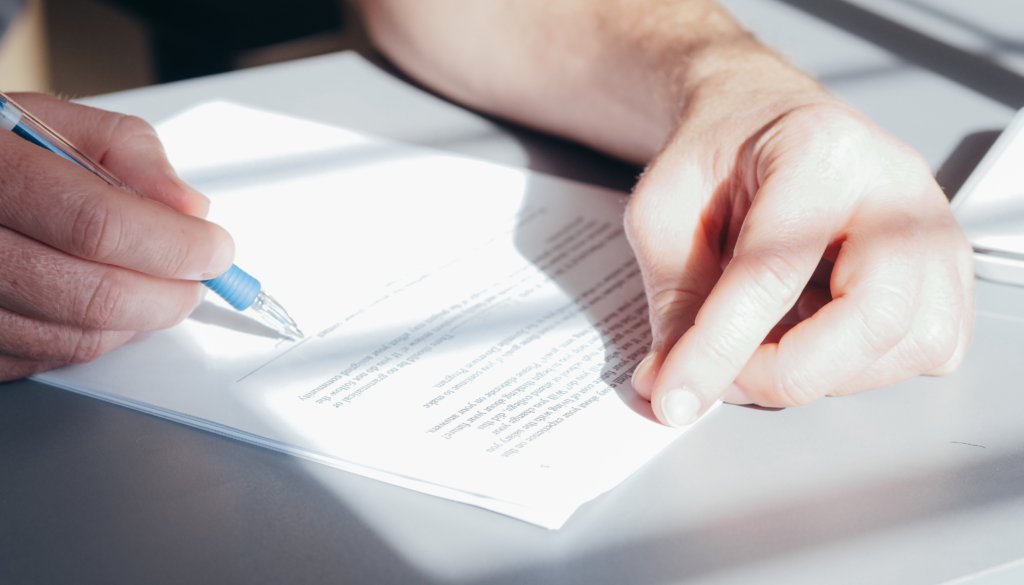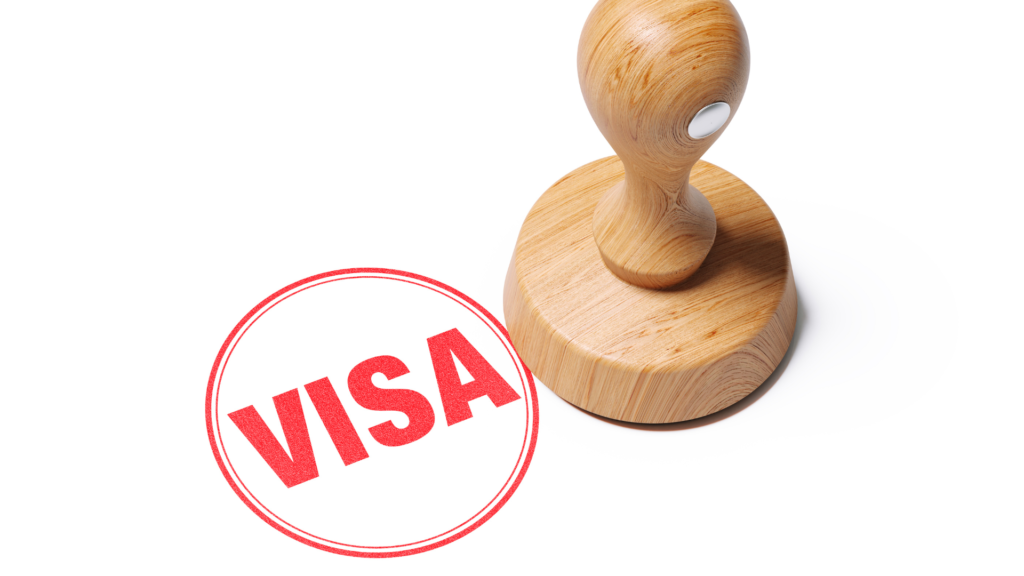Power of Attorney (POA) is one of the most critical legal instruments used worldwide to delegate authority from one person to another. In a thriving and globally connected city like Dubai, POA documents are commonly used for a wide range of personal, legal, and business purposes. However, for a POA to be legally valid and enforceable, it must go through a formal POA Notarization Dubai process.
POA notarization in Dubai is a legal necessity that gives authenticity and legal standing to the Power of Attorney document, ensuring it is recognized by authorities, financial institutions, courts, and other official bodies. Whether you’re assigning someone to manage your real estate, handle a legal case, or represent you in business matters, notarization ensures that the POA is legitimate and free from any disputes.
In this comprehensive guide, we will explore everything you need to know about POA notarization in Dubai, from the definition and importance of a POA, to the types, process, requirements, and why hiring a professional notary service is often essential.
What is a POA Notarization Dubai?
A Power of Attorney is a legally binding document that allows a person (the principal) to appoint another individual (the agent or attorney-in-fact) to act on their behalf in legal, financial, or personal matters. The POA outlines the specific powers granted to the agent, which can be broad or limited in scope, and it may be for a fixed duration or indefinite depending on the principal’s requirements.
In Dubai, a POA is commonly used for the following purposes:
- Selling or managing real estate
- Handling vehicle registration or sale
- Representing someone in court
- Managing business operations
- Handling bank transactions
- Sponsoring dependents
- Immigration and visa-related matters
To make this delegation legally valid, the document must be notarized by a licensed notary public in Dubai or through a private notary service approved by UAE authorities.
Importance of POA Notarization in Dubai
The notarization of a POA is not just a procedural formality—it is a legal safeguard. When a POA is notarized in Dubai, it gains official recognition and is accepted by all relevant public and private entities. Here’s why notarization is essential:
- Authenticity: Notarization proves that the POA was willingly and knowingly signed by the principal.
- Legal Validity: Government bodies, banks, courts, and property developers in Dubai require notarized POAs.
- Prevention of Fraud: A notarized POA reduces the risk of misuse or disputes regarding the document’s legitimacy.
- Cross-Border Acceptance: If you’re using the POA internationally, notarization is the first step toward legalization or attestation.
Without notarization, the POA is unlikely to be accepted for any official procedure within the UAE.

Types of POAs Commonly Notarized in Dubai
Depending on your situation, different types of Power of Attorney documents may need to be notarized. The most common types include:
1. General Power of Attorney
This grants broad powers to the agent to handle various matters such as real estate, banking, litigation, and business on behalf of the principal. It’s useful for trusted family members, business partners, or legal representatives.
2. Special (Specific) Power of Attorney
This POA limits the agent’s authority to specific tasks—such as selling a car, managing one property, or representing in a single legal case. It is more commonly used when limited delegation is required.
3. Property POA
Used specifically to manage, rent, or sell real estate in Dubai or elsewhere in the UAE. This is one of the most frequently notarized POAs in the region.
4. Vehicle POA
Used to authorize someone to transfer, sell, or register a car or any other vehicle in the UAE.
5. Court or Litigation POA
Allows an agent (usually a lawyer) to represent the principal in court or legal proceedings.
6. Business POA
Delegates authority for managing corporate tasks, such as signing contracts, handling trade licenses, or opening company bank accounts.
Each of these POAs must be drafted according to UAE legal standards and notarized for it to be legally binding.
The POA Notarization Process in Dubai
The notarization process in Dubai involves several steps and can vary slightly depending on whether the POA is being notarized via a public notary or a private notary.
Step 1: Drafting the POA
The POA should be drafted in accordance with UAE legal format. It can be written in English, Arabic, or bilingual (English-Arabic), but Arabic is mandatory for submission to UAE notary offices.
Step 2: Review and Translation (if necessary)
If the POA is in English, it must be legally translated into Arabic by a certified translator in Dubai. Both versions must be submitted for notarization.
Step 3: Identity Verification
The principal must appear in person with original identification documents such as Emirates ID or passport. In some cases, remote notarization may be available through approved digital notary platforms or private notaries.
Step 4: Notarization by Public or Private Notary
Once all documents are in order, the POA is notarized by the relevant authority. This step validates the signature and confirms the legality of the document.
Step 5: Collection of the Notarized Document
After notarization, the stamped and signed POA is handed back to the principal or forwarded electronically, depending on the method used.
Documents Required for POA Notarization in Dubai
- Original and valid Emirates ID or passport of the principal
- Drafted POA (in Arabic or bilingual)
- Legal translation (if the POA is in English)
- Supporting documents (e.g., property documents, vehicle registration, business licenses)
For company-related POAs, additional documents like a trade license, memorandum of association (MOA), and board resolutions may be required.

Remote POA Notarization in Dubai
Thanks to the UAE’s growing digital infrastructure, Dubai now allows remote notarization for certain types of POAs through online platforms or private notary services. This has proven especially useful for individuals who cannot appear in person due to travel restrictions, health reasons, or busy schedules.
The process typically involves:
- Online video verification
- Electronic document submission
- Digital signatures
- Online payment for notary fees
Remote notarization is subject to approval and not available for every type of POA, but it offers unmatched convenience.
Why Choose a Private Notary for POA in Dubai?
While public notary services are available, they are often crowded, have limited working hours, and require lengthy appointments. A private notary service offers several advantages:
- Personalized attention
- Faster processing
- Remote and in-person options
- Multilingual support
- Flexible scheduling
If you’re looking for a trusted and efficient private notary, https://privatenotarypublicdubai.com/ offers comprehensive POA notarization services tailored to meet your personal or corporate needs.
Common Mistakes to Avoid
- Not translating the POA into Arabic when required
- Incorrect formatting or vague clauses
- Missing identification or supporting documents
- Using outdated templates not compliant with UAE law
- Failing to appear in person when mandatory
Working with a professional notary eliminates these risks and ensures your POA is legally sound and accepted by all UAE authorities.
Final Thoughts
Power of Attorney is a powerful legal document, and notarizing it in Dubai is essential to ensure its validity and enforceability. Whether you’re appointing someone to handle your real estate, represent you in court, or manage your company, a notarized POA gives you the legal protection and confidence that your interests will be represented properly.
With the availability of both public and private notary services, as well as remote options, POA notarization in Dubai has become more accessible and efficient than ever. However, accuracy, compliance, and professional guidance remain crucial.
Choose the right notary service, follow the correct procedures, and secure your legal rights with confidence.


